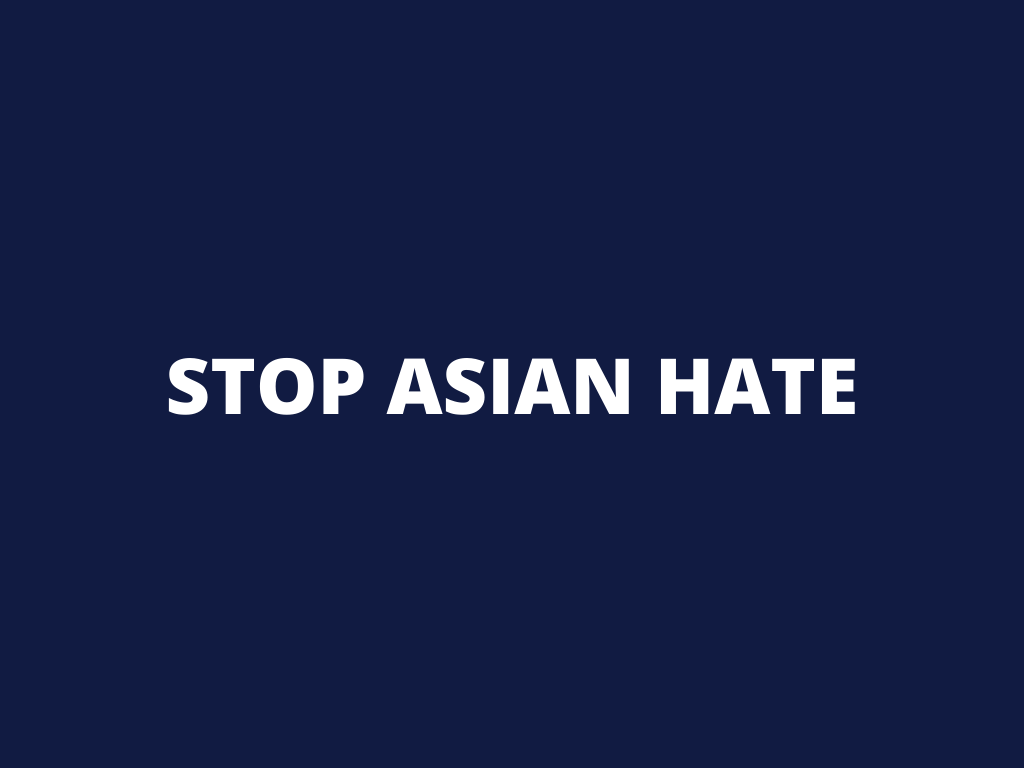This month, thanks to encouragement from our SICI colleague Mu-Chieh Yun, I took some time to read about a recent wave of Anti-Asian violence, rolling across the United States, often in connection with xenophobic narratives related to COVID-19. I was surprised by how little I’d heard, given the ballooning numbers Mu described. After discovering this NYT op-ed by Dr. Anne Anlin Cheng I realized I shouldn’t be. Cheng makes the compelling case that this invisibility and underreporting is not random, but the result of America’s long history of systemic and cultural racism against people of Asian descent.
She also poses a question that, while specifically in this instance makes a point about the treatment of Asian-Americans, frames a problematic dynamic that plagues many social impact efforts, beyond the topic of race in America. She asked: “Are Asian-Americans injured, or injured enough, to deserve our national attention?”
The implication that any community has to surpass a certain (and usually extreme) threshold of harm to be deserving of attention or support has been raised time and again by groups seeking justice. It saddens me to reflect on how often the students I work with within our accelerator must answer questions that, if unpacked, are essentially asking “why should I care?”
Evidence shows that the empathy gap is real. Moreover, while one would hope information alone would be enough to spark empathetic emotion, it frequently is not. Our HKS colleague, Dr. Robert Livingston, makes this very point in his latest book, The Conversation. In the fight to dismantle systemic racism, he says, empathy comes after knowledge but before action.
I’ve been asking myself if there’s anything I might do differently to accelerate empathy as I believe it will not only advance racial justice, but improve social impact practice overall. I came up with two ideas:
- I will limit my use of the term “compassion fatigue.” The problem with this phrase is it allows for a mental model that permits one’s empathy to be finite. In fact, research increasingly shows that empathy, like love, is malleable and can be directed to include an ever-increasing circle of humanity. Going forward, I will focus on concepts like compassion expansion and solidarity.
- I will more closely scrutinize the impact of philanthropic approaches built around “maximum social return on investment.” While I understand the importance of using our finite resources wisely, an unintended consequence may be signaling tolerance for certain social problems because they aren’t “bad enough,” or rendering them invisible by comparing them to others. Going forward, I will look for examples of donors who build portfolios around affirming and inclusive visions over narrow problem spaces
I would love to hear more from this community. If you have ideas, please write!
With the rise of hate crimes, violence, and discrimination against Asian Americans, I ask you to reach out in support of your Asian colleagues and friends, and to include Asians in your anti-racism work.
- #HateIsAVirus, a grassroots movement to combat racism and xenophobia against Asian Americans (AAPI) fueled by COVID-19
- AAPI Women Lead
- Asian Americans Advancing Justice
- Equality Labs
- 18 Million Rising
Together with you,

Brittany Butler
Executive Director, SICI
Adjunct Lecturer, HKS

